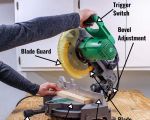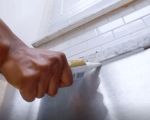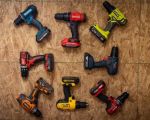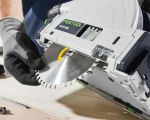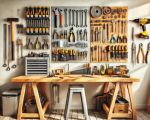- 1-Understanding-the-Challenges-of-Drilling-Into-Concrete
- 2-Types-of-Drills-Suited-for-Concrete
- 3-Features-to-Look-for-in-the-Best-Drills-for-Concrete
- 4-Top-Drill-Bits-for-Concrete
- 5-Real-World-Examples-of-Effective-Concrete-Drilling
- 6-Recommendations-for-Purchasing-and-Maintaining-Drills
1. Understanding the Challenges of Drilling Into Concrete
Concrete is one of the toughest materials to drill into, due to its dense composition of cement, sand, and aggregate. Drilling into concrete requires specialized tools that can withstand the hardness and abrasiveness of the surface. Attempting to use standard drills often leads to overheating, slow progress, and damaged equipment.
Moreover, concrete can contain rebar or metal reinforcements, adding complexity to the drilling process. The best drills for drilling into concrete must combine power, durability, and precision to navigate these challenges effectively.
2. Types of Drills Suited for Concrete
Hammer drills and rotary hammer drills are the most commonly recommended for concrete drilling. Hammer drills deliver a rapid hammering action that helps break up the concrete as the bit rotates, ideal for light to medium jobs. Rotary hammer drills, on the other hand, offer a more powerful piston-driven hammer mechanism, suited for heavy-duty tasks and deeper holes.
Understanding the difference between these drill types is crucial when selecting the right tool. For example, a DIY homeowner might find a hammer drill sufficient for mounting shelves or fixtures, while professionals often rely on rotary hammers for construction and demolition work.
3. Features to Look for in the Best Drills for Concrete
When choosing the best drills for drilling into concrete, certain features greatly influence performance and user experience. Key features include adjustable speed settings, variable hammer action control, ergonomic design, and dust extraction capabilities. Power rating and corded vs. cordless options also affect usability based on the work environment.
For instance, adjustable speed allows precise control to prevent bit damage, while ergonomic handles reduce user fatigue during prolonged use. Cordless drills offer portability but may sacrifice some power compared to corded models, which are preferred for heavy-duty drilling.
4. Top Drill Bits for Concrete
Using the right drill bit is as important as selecting the right drill. Carbide-tipped masonry bits are the industry standard for concrete drilling. Their toughness and heat resistance allow them to cut through dense material without frequent replacement.
Specialty bits like SDS (Slotted Drive System) bits pair with rotary hammer drills to improve efficiency and reduce wear. Choosing bits with appropriate lengths and diameters ensures compatibility with your project requirements.
5. Real-World Examples of Effective Concrete Drilling
Consider a construction contractor working on installing electrical conduits inside a concrete wall. Using a rotary hammer drill paired with SDS bits, the contractor efficiently drilled multiple holes quickly, saving time and reducing tool wear. In contrast, an inexperienced user attempting similar work with a standard drill faced broken bits and slow progress.
Another example involves a homeowner installing outdoor fixtures who chose a hammer drill with adjustable hammer action. The drill allowed careful control, preventing over-drilling and preserving wall integrity while successfully securing fixtures.
6. Recommendations for Purchasing and Maintaining Drills
Investing in quality drills and bits from reputable brands improves durability and performance. Before purchasing, consider your typical projects and consult reviews to identify models with reliable power and user-friendly features. For ongoing performance, maintain drills by cleaning vents, lubricating moving parts, and replacing worn bits promptly.
For expert advice and the best product selections tailored to concrete drilling, visiting ToolNest provides comprehensive resources and trustworthy options. ToolNest helps both professionals and DIY enthusiasts find the perfect drills and accessories for big jobs or small fixes.


